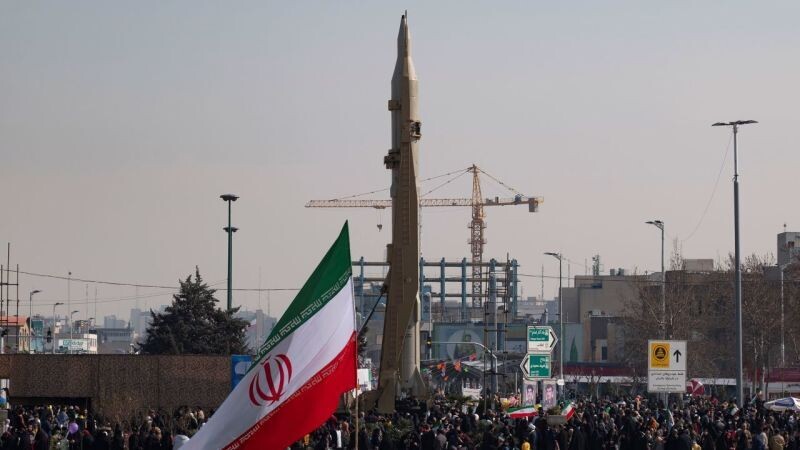
A shipment of more than 1,000 tons of chemical products intended for missile fuel manufacturing has departed from China bound for Iran, which could have significant implications for regional and global security, according to intelligence sources from security officials of two Western countries.
This shipment includes sodium chlorate, capable of producing up to 960 tons of ammonium chlorate, which is about 70% of the propellant needed for solid-fuel missiles. It is worth mentioning that ammonium chlorate is classified as a controlled chemical product under the Missile Technology Control Regime, which seeks to prevent the proliferation of weaponry.
Recently, Iran has faced significant difficulties in producing propellants for its missiles, due to airstrikes carried out by Israel, as Axios reported. Two Iranian cargo ships, identified as Golbon and Jairan, are scheduled to depart from China in the coming weeks transporting these key chemicals.
The journey to Iran will take approximately three weeks, with Bandar Abbas, a crucial port in southern Iran, as the final destination. Although the Chinese embassy in Washington has stated it is unaware of the situation and Iran has yet to comment on it, there is a possibility that Chinese authorities and other nations may intervene in the shipment.
The Carnegie Endowment for International Peace has documented the destruction by Israel of solid-fuel missile production facilities at various locations. Key figures such as Division General Mohammad Bagheri and Amir Ali Hajizadeh have showcased new missiles at recent events, reinforcing the strategic importance of this development.
This development highlights the increasing tension in the region and international concerns about Iran's ability to advance its missile program, in a context where conflicts in Syria and operations by proxy groups complicate security in the Middle East even further. In the past, Iran has justified its solid-fuel rocket production activities for peaceful purposes, but observers are skeptical about this. The amount of chemicals being sent is sufficient to supply a large number of medium-range missiles, raising concerns about Iran's intentions in this area.










